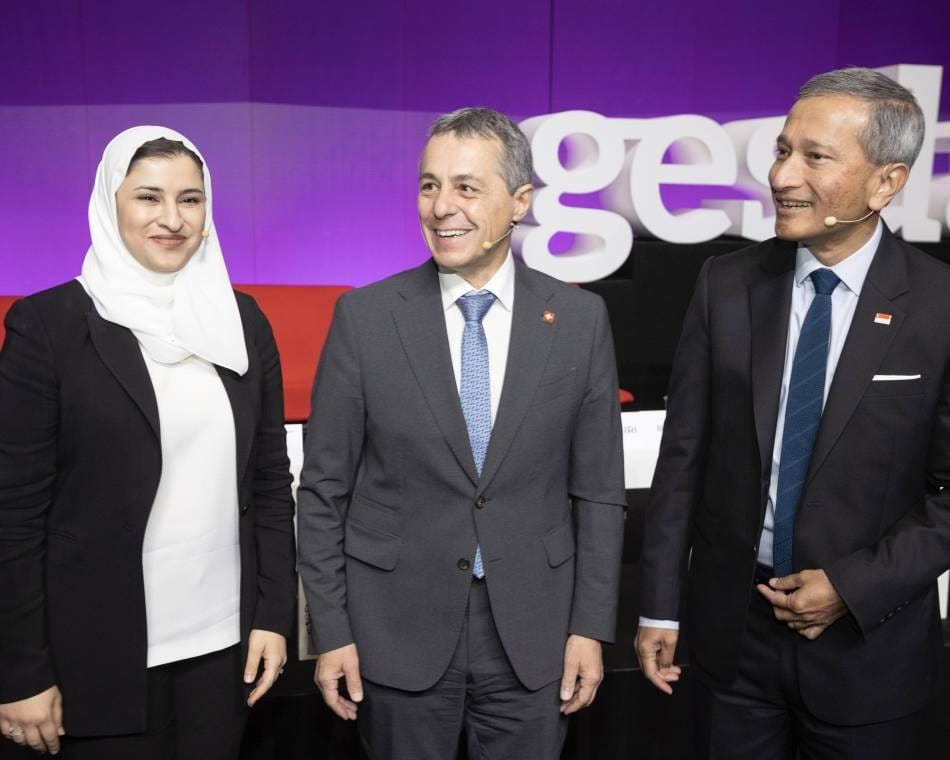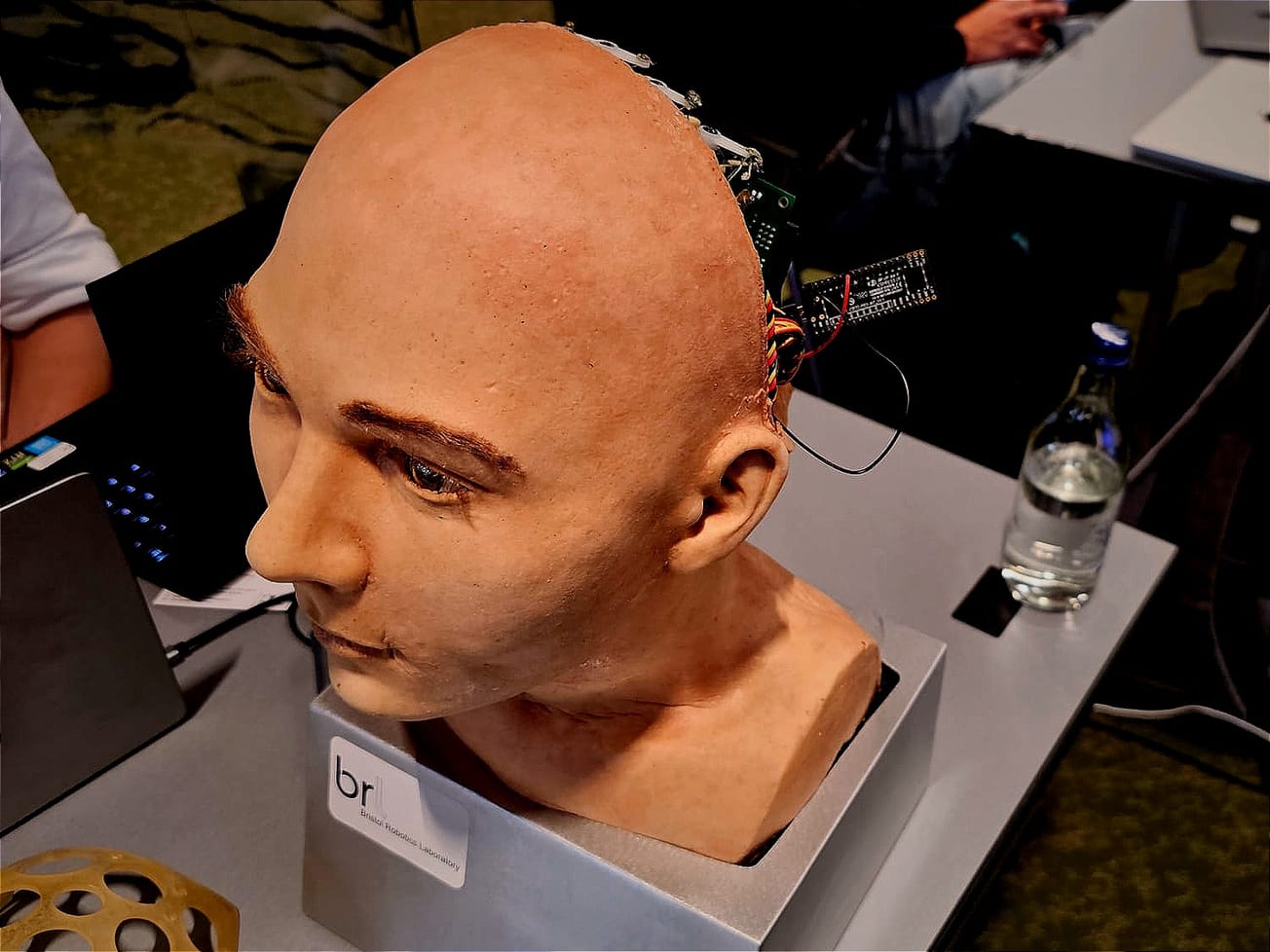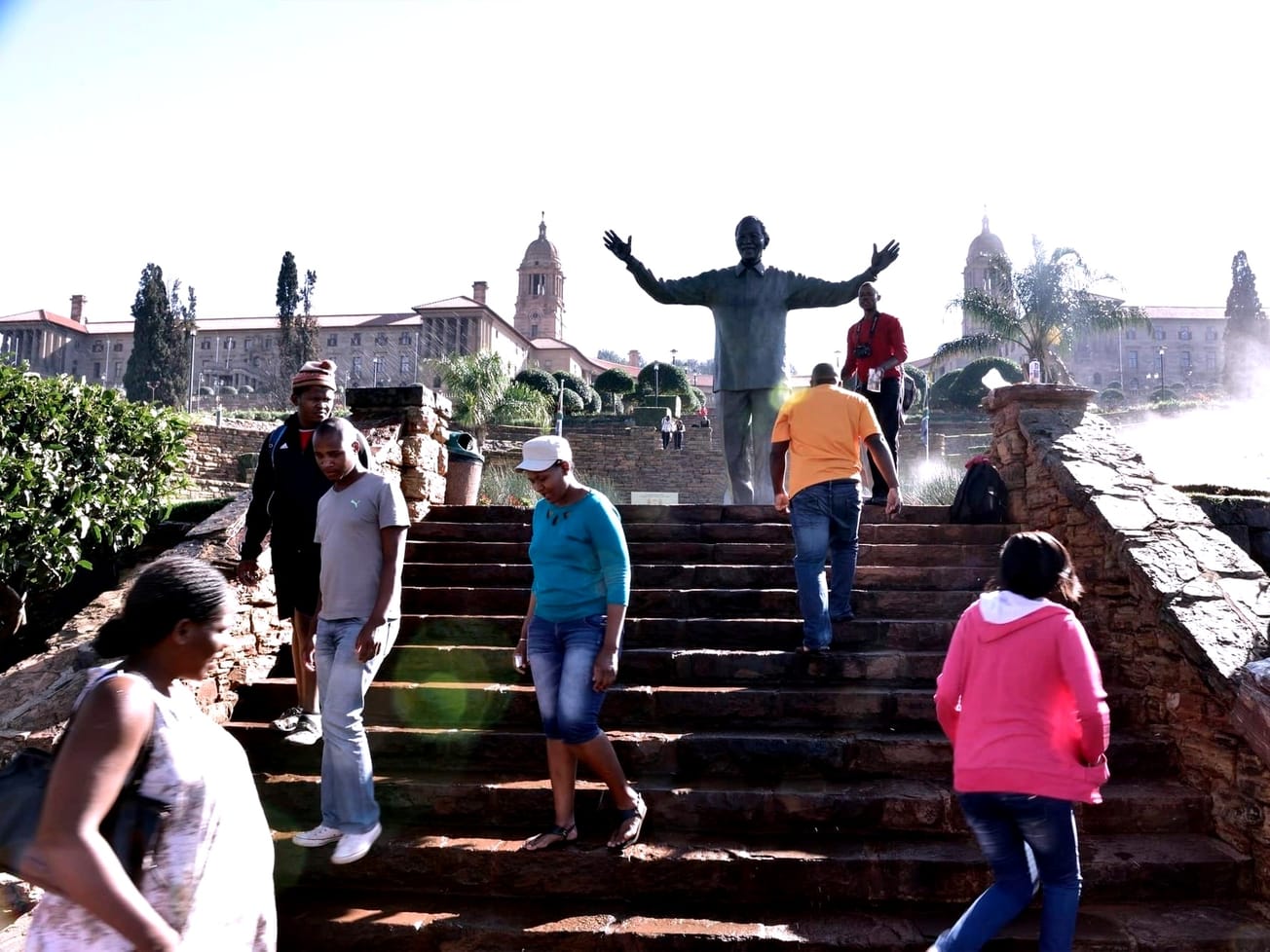GENEVA (AN) — A coalition of science, diplomatic and industry partners announced plans to open a global institute for quantum computing that aims to equitably share the new technology so it does not remain concentrated in the hands of only a few rich countries and tech giants.
The proposed Open Quantum Institute, set to launch in Geneva within five years, emerged from the second annual summit of the Geneva Science and Diplomacy Anticipator Foundation, or GESDA, that drew more than 1,000 participants, half remotely, over three days and ended on Friday.









